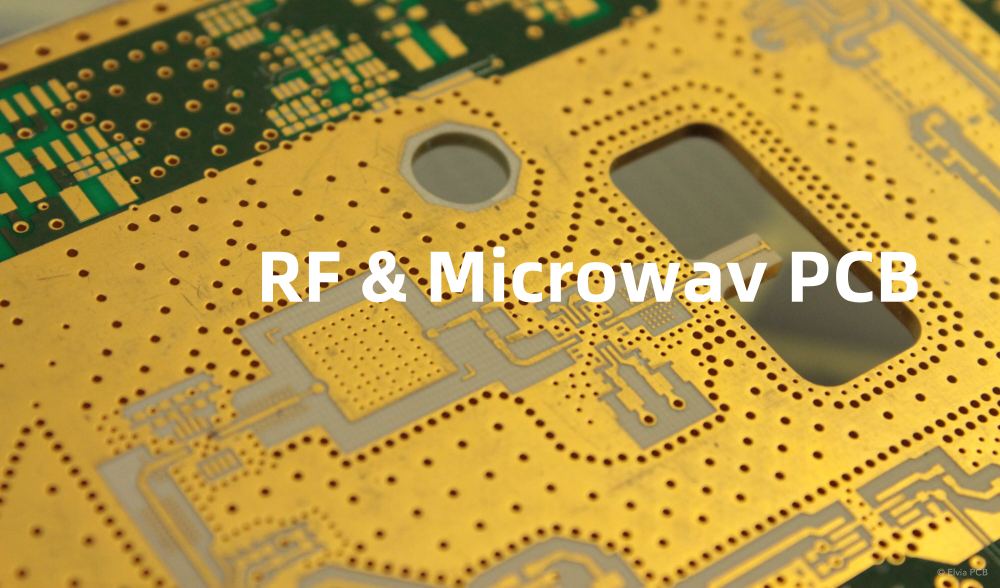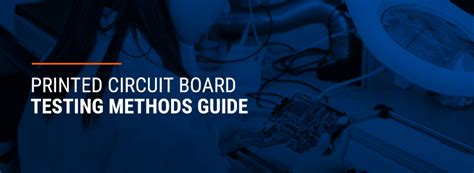Introduction to PCB Testing and Functional Testing
Printed Circuit Board (PCB) assembly is a complex process that involves various stages, from design and fabrication to assembly and testing. To ensure the quality and reliability of the final product, it is essential to conduct thorough testing at each stage of the process. One of the most critical stages of PCB Assembly is functional testing, also known as PCBA FCT (Functional Circuit Testing).
Functional testing is a type of PCB testing that verifies the functionality of the assembLED PCB, ensuring that it meets the design specifications and performs as intended. This testing process is crucial for identifying any defects or issues that may affect the performance of the final product.
In this article, we will explore the various aspects of functional testing of PCB assembly, including the different types of tests, the equipment used, and the costs associated with PCBA FCT.
Types of Functional Tests for PCB Assembly
There are several types of functional tests that can be performed on an assembled PCB, depending on the specific requirements of the product and the industry standards. Some of the most common types of functional tests include:
In-Circuit Testing (ICT)
In-Circuit Testing is a type of functional test that verifies the functionality of individual components on the PCB, such as resistors, capacitors, and integrated circuits. This test is performed using a specialized test fixture that makes contact with the various test points on the PCB.
Flying Probe Testing
Flying Probe Testing is a type of functional test that uses movable test probes to make contact with the test points on the PCB. This test is often used for low-volume production or prototype testing, as it does not require a specialized test fixture.
Boundary Scan Testing
Boundary Scan Testing is a type of functional test that verifies the interconnections between the various components on the PCB. This test is performed using a special test access port (TAP) that is built into the components on the PCB.
Functional Circuit Testing (FCT)
Functional Circuit Testing is a type of functional test that verifies the overall functionality of the assembled PCB, ensuring that it meets the design specifications and performs as intended. This test is typically performed using a specialized test system that simULates the real-world operating conditions of the product.
Equipment Used for Functional Testing of PCB Assembly
To perform functional testing of PCB assembly, various types of equipment are used, depending on the specific requirements of the product and the type of test being performed. Some of the most common types of equipment used for functional testing include:
Test Fixtures
Test fixtures are specialized devices that are used to hold the PCB in place during testing and provide electrical connections to the various test points on the board. Test fixtures can be custom-designed for a specific product or can be universal fixtures that can accommodate a range of different PCB Designs.
Oscilloscopes
Oscilloscopes are used to measure and display electrical signals on the PCB during functional testing. They allow engineers to visualize the behavior of the PCB and identify any issues or anomalies.
Multimeters
Multimeters are used to measure various electrical parameters on the PCB, such as voltage, current, and resistance. They are often used in conjunction with other test equipment to provide a complete picture of the PCB’s performance.
Function Generators
Function generators are used to generate specific electrical signals that can be used to stimulate the PCB during functional testing. They allow engineers to test the response of the PCB to various input signals and verify that it is performing as expected.

Costs Associated with PCBA FCT
The costs associated with functional testing of PCB assembly can vary widely depending on several factors, such as the complexity of the PCB design, the volume of production, and the specific testing requirements. Some of the main costs associated with PCBA FCT include:
Test Fixture Costs
Test fixtures are one of the most significant costs associated with functional testing of PCB assembly. Custom test fixtures can be expensive to design and manufacture, especially for complex PCB designs. Universal test fixtures are generally less expensive but may not provide the same level of test coverage as a custom fixture.
Test Equipment Costs
The cost of test equipment, such as oscilloscopes, multimeters, and function generators, can also be significant. High-quality test equipment can be expensive, but it is essential for ensuring accurate and reliable test results.
Labor Costs
Labor costs are another significant factor in the overall cost of functional testing of PCB assembly. Skilled technicians and engineers are required to set up and operate the test equipment, interpret the test results, and troubleshoot any issues that may arise.
Rework and Repair Costs
If any defects or issues are identified during functional testing, additional costs may be incurred for rework and repair. These costs can vary depending on the severity of the issue and the complexity of the repair process.
Table: Typical Costs Associated with PCBA FCT
| Cost Category | Description | Typical Cost Range |
|---|---|---|
| Test Fixture | Custom fixture for specific PCB design | $5,000 – $50,000 |
| Universal fixture for range of PCB designs | $1,000 – $10,000 | |
| Test Equipment | Oscilloscope | $5,000 – $50,000 |
| Multimeter | $500 – $5,000 | |
| Function Generator | $1,000 – $10,000 | |
| Labor | Technician (per hour) | $50 – $100 |
| Engineer (per hour) | $100 – $200 | |
| Rework and Repair | Minor rework (per PCB) | $50 – $100 |
| Major repair (per PCB) | $100 – $500 |
Note: Costs are approximate and may vary depending on specific requirements and vendor pricing.
Conclusion
Functional testing of PCB assembly is a critical process that ensures the quality and reliability of the final product. By conducting thorough testing at each stage of the assembly process, manufacturers can identify and address any issues before the product is shipped to the customer.
While the costs associated with PCBA FCT can be significant, the benefits in terms of improved product quality and customer satisfaction can far outweigh the initial investment. By understanding the various types of functional tests, the equipment used, and the associated costs, manufacturers can make informed decisions about their testing processes and optimize their operations for maximum efficiency and profitability.
Frequently Asked Questions (FAQ)
-
What is functional testing of PCB assembly?
Functional testing of PCB assembly is a process that verifies the functionality of the assembled PCB, ensuring that it meets the design specifications and performs as intended. This testing process is crucial for identifying any defects or issues that may affect the performance of the final product. -
What are the different types of functional tests for PCB assembly?
The most common types of functional tests for PCB assembly include In-Circuit Testing (ICT), Flying Probe Testing, Boundary Scan Testing, and Functional Circuit Testing (FCT). Each type of test verifies different aspects of the PCB’s functionality, such as individual component functionality, interconnections between components, and overall system performance. -
What equipment is used for functional testing of PCB assembly?
The equipment used for functional testing of PCB assembly includes test fixtures, oscilloscopes, multimeters, and function generators. Test fixtures are used to hold the PCB in place during testing and provide electrical connections to the test points on the board. Oscilloscopes, multimeters, and function generators are used to measure and generate electrical signals on the PCB during testing. -
What are the main costs associated with PCBA FCT?
The main costs associated with PCBA FCT include test fixture costs, test equipment costs, labor costs, and rework and repair costs. Test fixtures and equipment can be expensive, especially for complex PCB designs. Labor costs for skilled technicians and engineers can also be significant. Rework and repair costs may be incurred if any defects or issues are identified during testing. -
Why is functional testing of PCB assembly important?
Functional testing of PCB assembly is important because it ensures the quality and reliability of the final product. By identifying and addressing any issues during the assembly process, manufacturers can avoid costly recalls or repairs after the product has been shipped to the customer. Functional testing also helps to optimize the manufacturing process, reducing waste and improving efficiency.

No responses yet